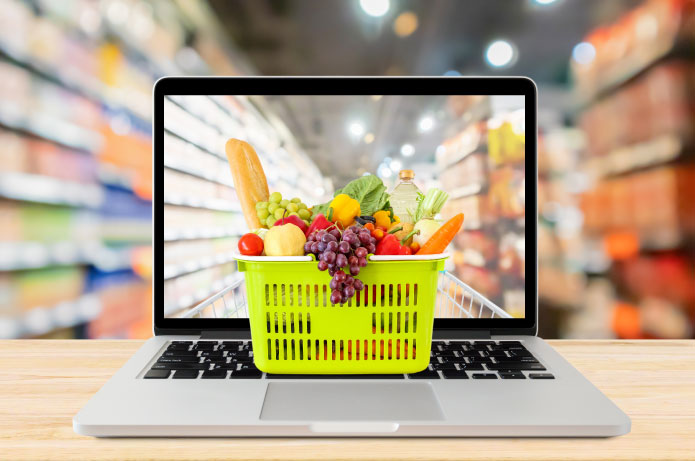The food retail sector has been undergoing profound transformations in its way of existence over the last ten years. Due to changes in consumer habits and technological advancements, the once clear divide between restaurant purchases and supermarket shopping has blurred, making the sector more heterogeneous. According to the research ‘Retail Reinvention: A Framework for Future Growth,’ conducted by Euromonitor in partnership with the National Retail Federation (NRF) and exclusively presented at the NRF Retail’s Big Show 2025, although in 2023, 72% of global food sales came from supermarkets, grocery stores, and local hypermarkets, these sectors have been sharing space with discount wholesalers, buying clubs, food e-commerce, and food services for delivery, pickup, or drive-thru.
“Drive-thrus are expanding beyond traditional fast food chains and are now being adopted by cafeterias, bakeries, and even casual restaurants. Another important trend is the merging of retail and food services. This includes the rise of ready-to-eat meal stations in supermarkets and the integration of ‘ghost kitchens’ into large supermarket chains. These are culinary operations that prepare meals exclusively for delivery or pickup, often sharing space with other brands to reduce costs,” explains Michelle Evans, Global Lead, Retail and Digital Consumer Insights at Euromonitor International and author of the study, who dedicated a lecture at the event to the research.
According to her, consumers’ search for convenience, cost-effectiveness, health, and sustainability, especially in North America, is transforming how they buy and consume food. An example of this is the fact that, globally, 60% of customers say they prefer brands that demonstrate a commitment to sustainable practices. They are also willing to pay more for more nutritious and superior-tasting products, as well as locally produced foods. In this scenario, the challenge for retailers is to ensure convenience for the consumer in everything they want and need, and in this regard, digitization plays a central role.
Michelle suggests that technology will be essential for the continued growth of food retail, whether in physical or digital spaces, as it helps improve the customer experience. The study she conducted shows that 58% of consumers already use their phones to research before making food-related purchases, something that didn’t happen ten years ago. Additionally, by 2025, there is an expected 5% growth in online food purchases. “This is already happening in larger stores, where the purchase starts digitally but ends in the physical store. The customer researches on the restaurant’s website or app but goes to the store to see the product and experience being there, sitting down, and spending time. The physical space then becomes a hub of experiences, which provides the opportunity to try products and have someone to assist and ensure personalized service,” comments Pedro Albuquerque, co-founder and Director of New Business at RPE – Retail Payment Ecosystem, a company specializing in payment solutions.
This movement suggests a new dynamic in retail, where retailers are investing in private labels, while brands are acting more like retailers—a strategy used to build customer loyalty and create more identity, as well as offer higher profit margins when well executed. Besides being applicable at all stages of the shopping journey, it plays a special role in the payment stage. “A smooth, frictionless payment journey can be the cherry on top of a positive shopping experience. The retailer can also offer their own cards that guarantee discounts or easier payment options, such as extended installments. Depending on the customer’s needs, it’s also possible to secure credit lines or loans,” explains Albuquerque.
For the expert, the most interesting aspect for the retailer is to create a business plan tailored to their reality to ensure financial structuring, risk mitigation, and a strategy that considers the specifics of the food retail market. “RPE can assist retailers in developing a business plan for financial structuring and offer an end-to-end technology platform so they can operate a retail product. Additionally, we provide full support so they can manage the operation. The platform is white label, so it can operate in supermarkets, hypermarkets… This ensures operational efficiency, technology, and a smoother, more streamlined shopping journey for the customer, without friction.”


